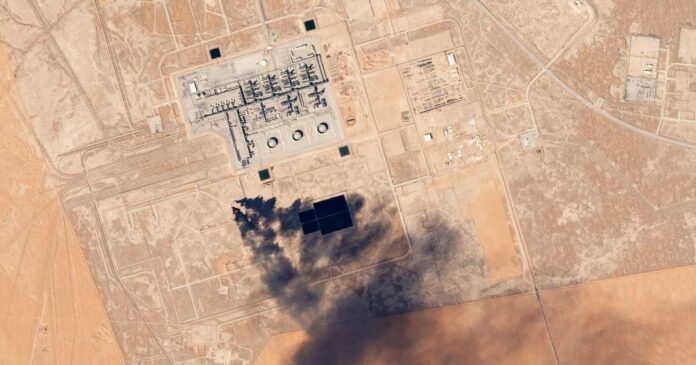In the aftermath of Sunday’s attack on a US military base in Jordan, President Joe Biden faces a crucial decision on how to respond, balancing the need for deterrence with the risk of escalation. The situation prompts a close examination of the available options and their potential consequences.
The United States possesses a range of military options, pre-planned by the Department of Defense in collaboration with intelligence agencies. These options are then presented to the National Security Council and policymakers, culminating in the president’s decision and approval of the selected course of action.
Option 1: Targeting Iran-Aligned Bases and Commanders
A straightforward choice involves striking bases, weapons depots, and training facilities linked to various Iran-backed militias scattered across Iraq and Syria. These militias, supported by Iran’s Revolutionary Guards Corps (IRGC) Quds Force, operate independently but share common objectives with Iran, such as expelling the US military from the region and retaliating against US support for Israel.
Despite the US’s ability to carry out precision-guided missile strikes on these known targets, such actions have proven ineffective in deterring the militias. The Islamic Resistance in Iraq, claiming responsibility for the recent attack, comprises Iran-backed militias, some of which were once aligned with the US against the common foe, Islamic State.
Option 2: Direct Strikes on Iran
Considered a significant escalation, striking Iran directly is a weighty decision that the US would not take lightly. It’s improbable, although not inconceivable, that the retaliation would extend to hitting targets within Iranian sovereign territory. Both Washington and Tehran have expressed a reluctance to engage in a full-scale war, recognizing the potential dire consequences.
Targeting senior IRGC commanders in Iraq or Syria presents an alternative, as seen in the past when former President Donald Trump ordered a drone strike that killed Qassim Suleimani, the IRGC Quds Force commander, in Baghdad in 2020. However, such an action would still be perceived as an escalation and might trigger a perilous response from Tehran.
The US now grapples with the challenge of finding the right balance in responding to the Jordan base attack. Failing to act decisively risks projecting weakness, potentially inviting further attacks. Conversely, excessive force could provoke an escalatory response from Iran and its allies.
